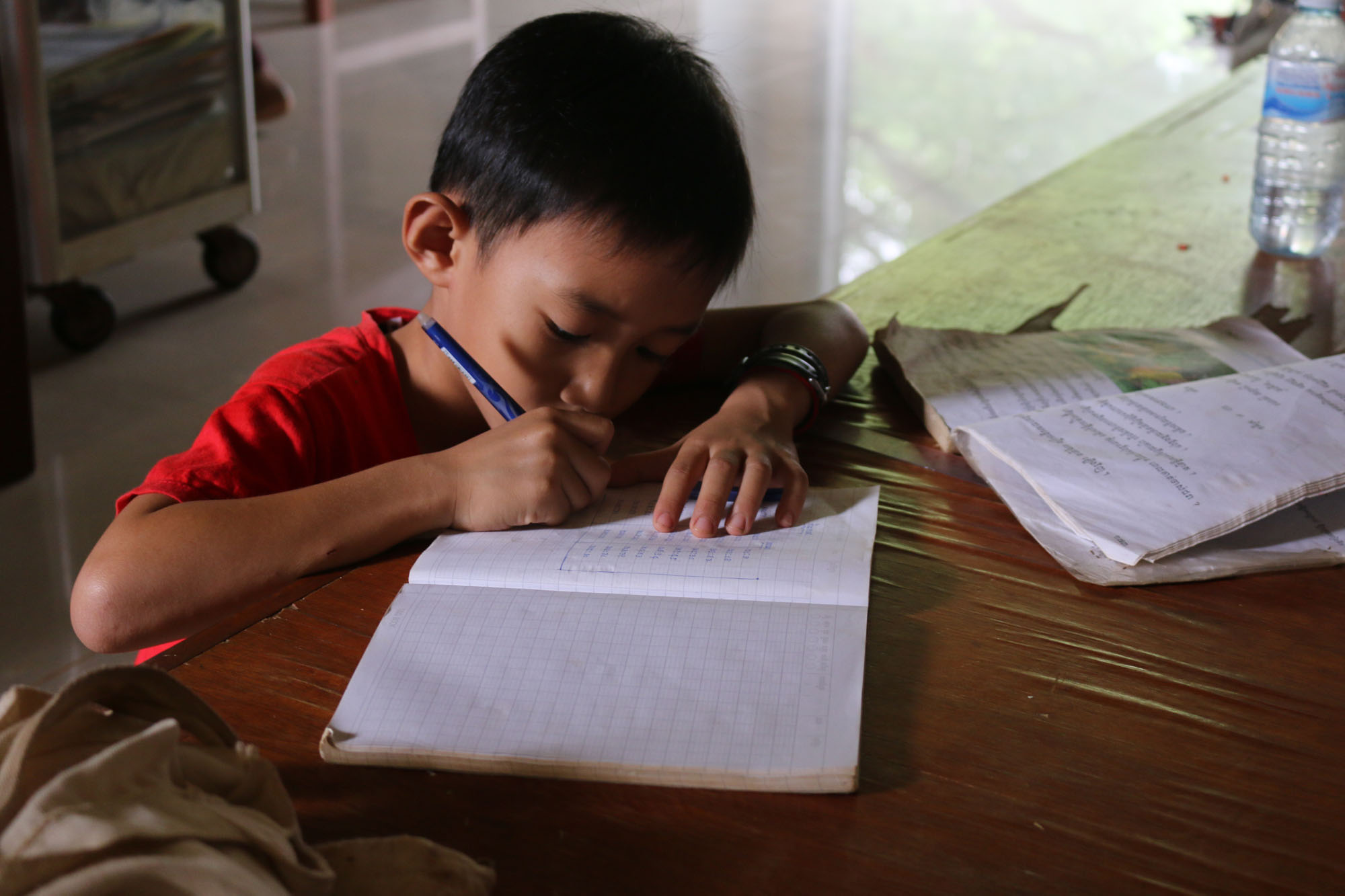![]() World Education has been a significant force in national efforts to improve quality in both the formal and non-formal education sectors in Cambodia for over twenty years, working alongside the Ministry of Education, Youth and Sport (MoEYS). As a major grantee of USAID and other donors, World Education has played an influential role in increasing access for minorities, girls and vulnerable children to primary and lower secondary education through scholarships as well as building school latrines, ensuring safe water, and other enrollment-boosting activities mediated by school grants. World Education strengthens educational quality through teacher education, incorporating life skills into classroom curricula, building science and computer labs, promoting child-friendly schools, and improving school governance through stakeholder-driven development.
World Education has been a significant force in national efforts to improve quality in both the formal and non-formal education sectors in Cambodia for over twenty years, working alongside the Ministry of Education, Youth and Sport (MoEYS). As a major grantee of USAID and other donors, World Education has played an influential role in increasing access for minorities, girls and vulnerable children to primary and lower secondary education through scholarships as well as building school latrines, ensuring safe water, and other enrollment-boosting activities mediated by school grants. World Education strengthens educational quality through teacher education, incorporating life skills into classroom curricula, building science and computer labs, promoting child-friendly schools, and improving school governance through stakeholder-driven development.
World Education developed a thirty-module life skills curriulum and accompanying teacher-training materials that was formally endorsed by MoEYs in 2014. Over the years, World Education’s efforts to enhance educational relevance have resulted in broad ranging curricula on topics including employment readiness, livelihood skills, especially in agriculture, financial literacy, trafficking and safe migration, personal safety, workplace safety and child labor, HIV and AIDS, nutrition, health and land mine awareness. World Education’s work in life skills education has been recognized not only by the Cambodian government, but also by UN agencies and other international development donors.
To read more about World Education’s projects that focus on improving the quality of basic education, click on the following links:
- Improved Basic Education in Cambodia (IBEC) (2009-2014)
- External Qualitative Evaluation of the Impact of CESSP Activities in Schools (2009)
- Schools for Life Program (2008-2009)
- The Happy School (2007-2010)
- Educational Support for Children of Underserved Populations (2005-2008)
- A Quality Approach to Mainstreaming Best Practices (2008-2009)

